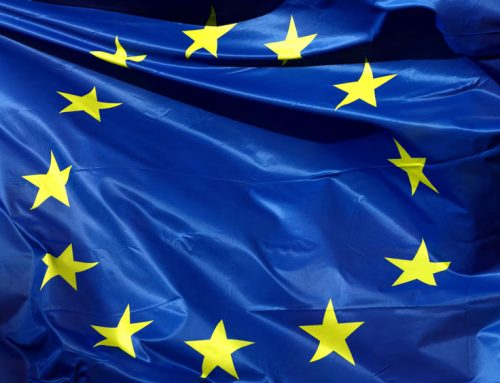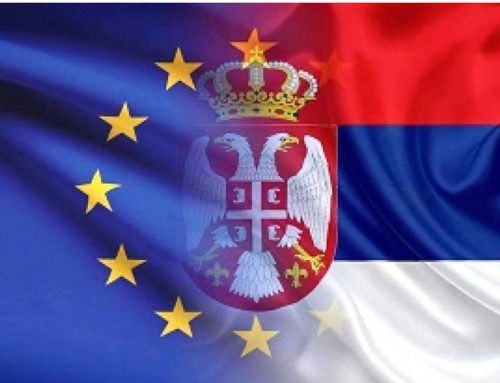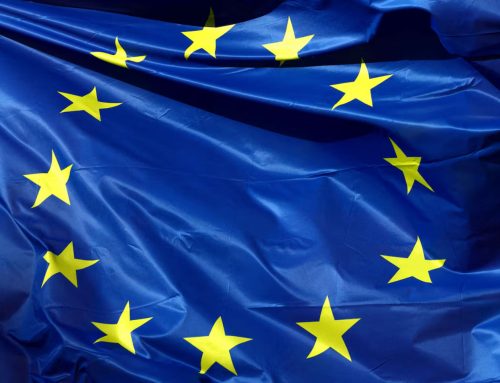Twenty tons of disinfectant were made available for the citizens of Leskovac, thanks to a young chemist and entrepreneur from this city, Vladimir Prokopović (31).
“I stabilised the chlorine-based disinfectant and made it more efficient. This disinfectant is not flammable like alcohol,” the protagonist of our story explains.
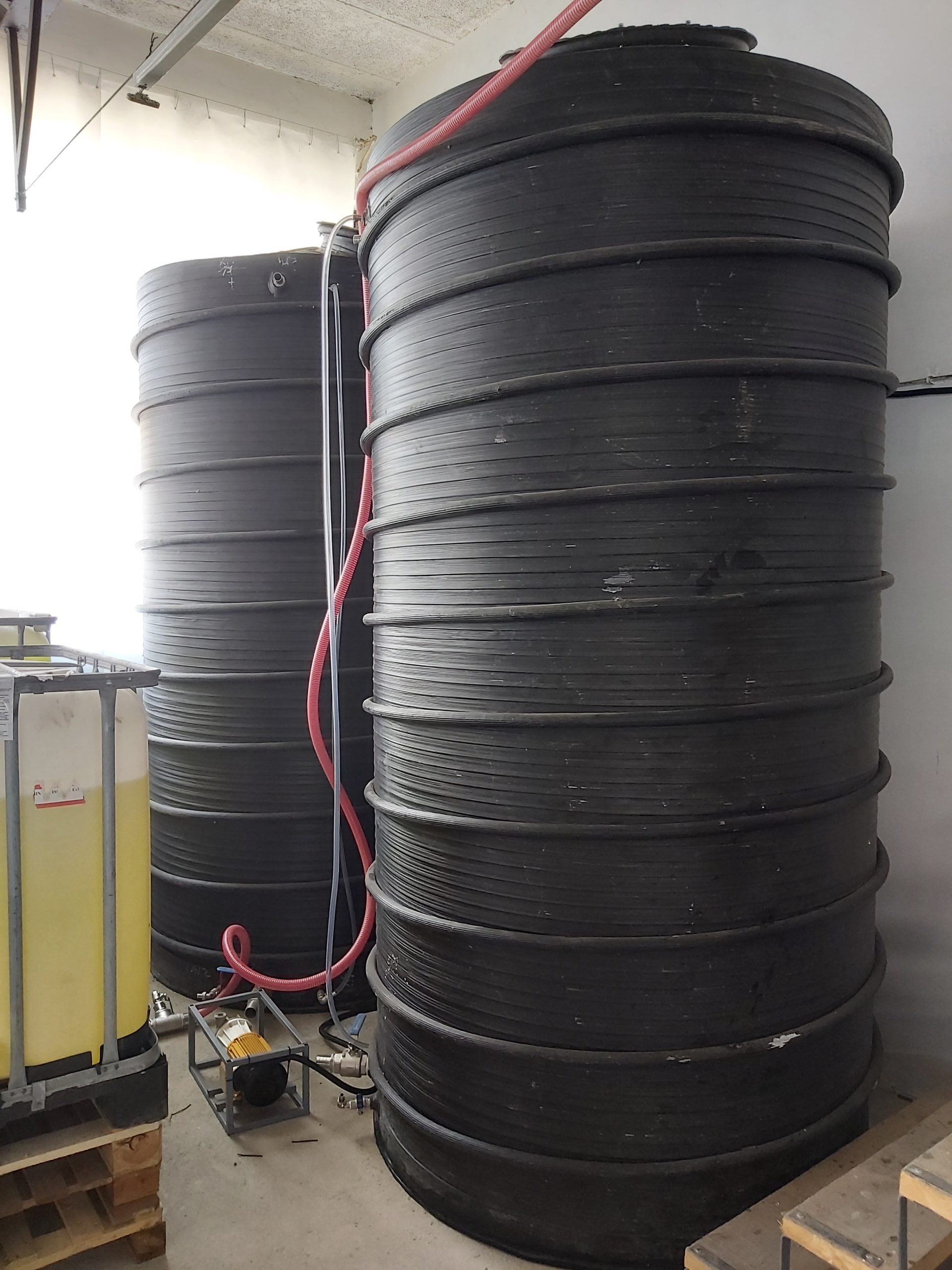
Photo: Vladimir Prokopović
Vladimir’s enterprise, Progen solutions, is engaged in the production and research of various chemical compounds. Since the outbreak of coronavirus, he is focused on helping his fellow citizens find disinfectants—highly sought-after products during the pandemic—more easily. Containers with this liquid have been set up in various locations around the city, where the citizens of Leskovac can take as much of it as they need.
During his biochemistry studies, Vladimir’s only 9 grade was the topic of some of the most read newspapers in the country. This “imperfect” grade hasn’t stopped Vladimir from pursuing doctoral studies in Germany, where he spent several years studying, working, and perfecting his knowledge.
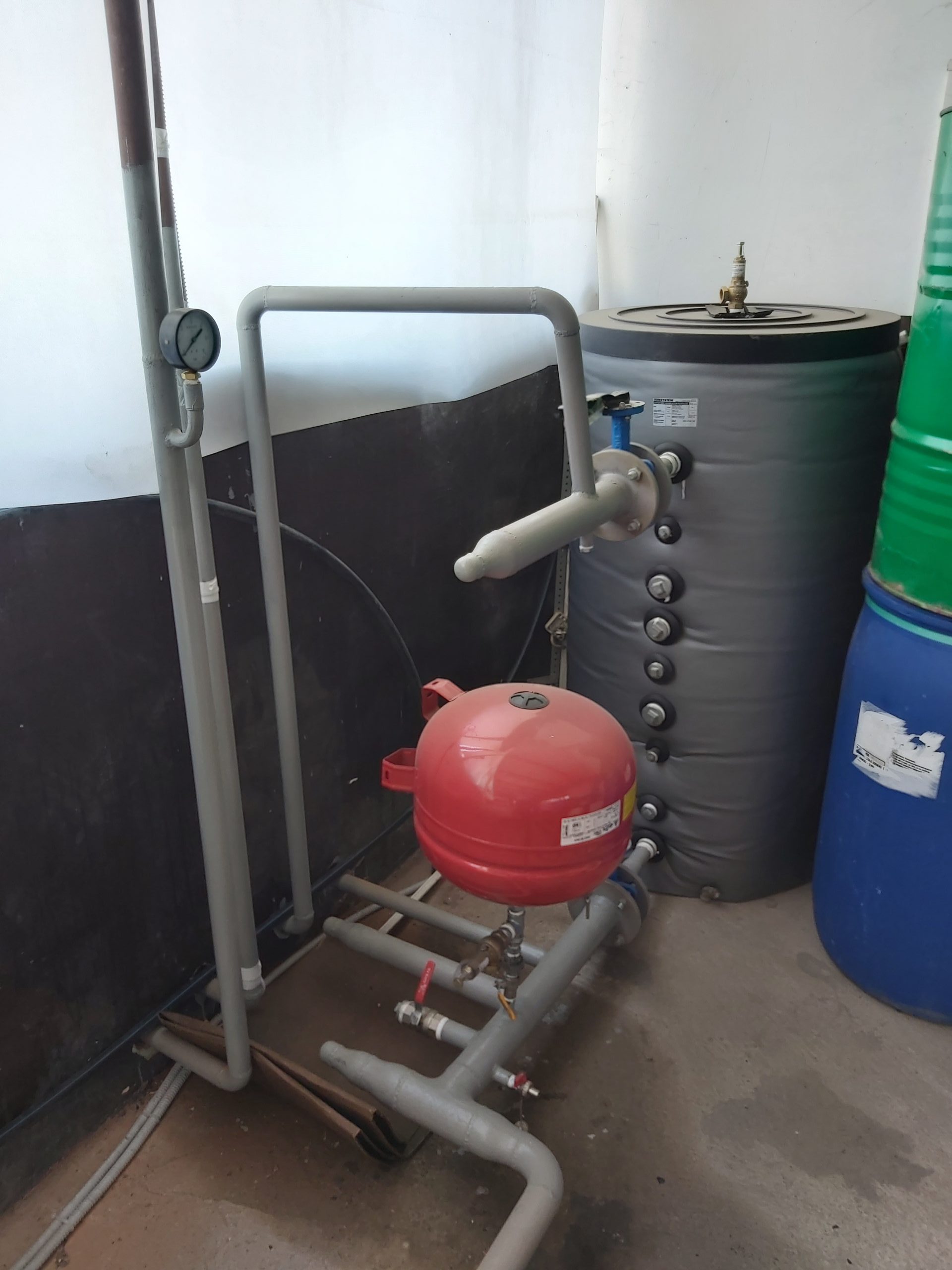
Photo: Vladimir Prokopović
Still, once he completed his academic studies, he decided to return to Serbia and apply the knowledge he acquired to start a business.
“I finished my PhD thesis in less than three years and then I spent a year working in Germany. Germans are reliable, they have an exceptional work ethic. Once I adopted their ethic and was able to apply it elsewhere, there was no reason for me to stay there, away from my friends and family,” says Vladimir.
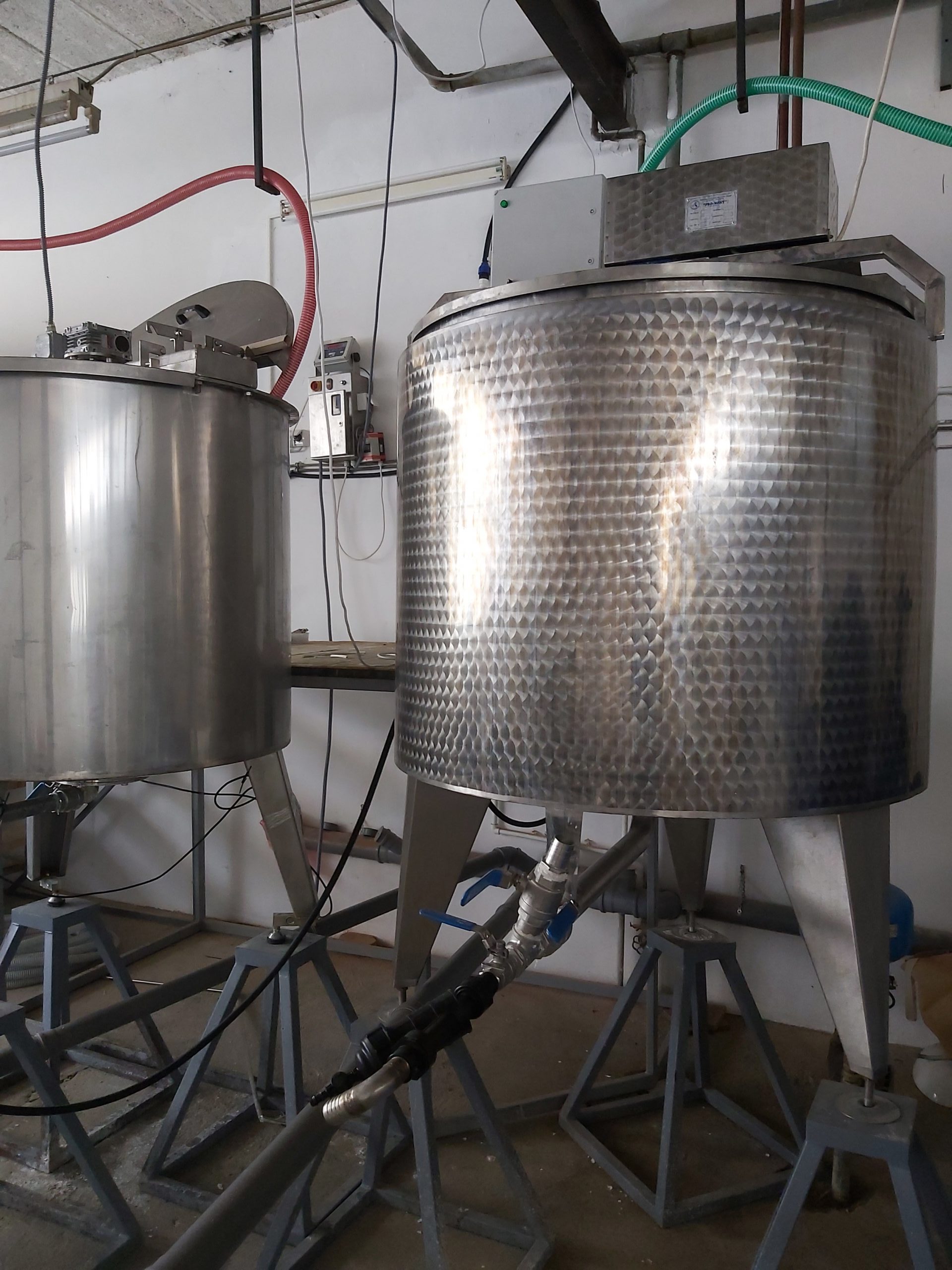
Photo: Vladimir Prokopović
He followed through with his plan in 2016 when he established Progen solutions. He applied for funding with the European Union and received €10,000. Three years later, when he decided to expand and upgrade his business, he received another €20,000 from the European Union, via the EU PRO programme.
“I am thankful for EU’s funding. It has enabled me to both expand and improve my business,” Vladimir stressed.
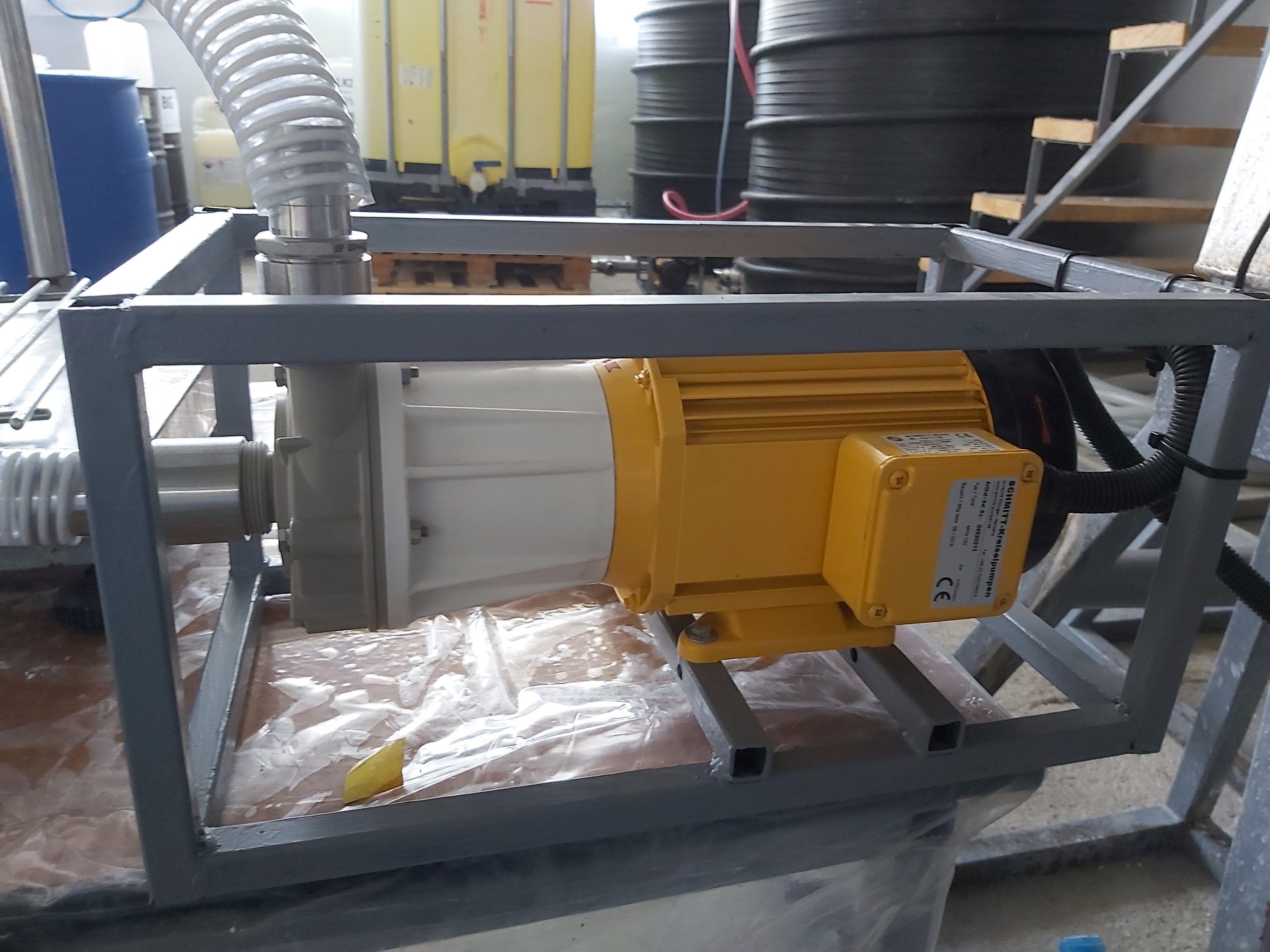
Photo: Vladimir Prokopović
Several vital devices—purchased thanks to EU funding—have allowed his company to respond to the ongoing crisis and fight the coronavirus with a sufficient level of preparedness and modern equipment.
“Before the pandemic, our company did not produce disinfectants because there wasn’t a big demand for this type of product. We are engaged in research and innovation—we started off with only two products, and now we have over 40. Meanwhile, we obtained five devices thanks to EU PRO and, apart from a chemist, a production worker and myself, the company employs around ten external associates,” Prokopović explains.
He added that the disinfectant made available for the citizens of Leskovac is worth around RSD115,000.
What is EU PRO?
EU PRO aims to create a business environment conducive to new investments and job creation, more competitive enterprises, improved work of local self-governments and enhanced social inclusion in 99 local self-governments in the south and east of Serbia.
The European Union allocated a total €25 million for the implementation of this three-year programme that started in January 2018.
The programme is implemented by the United Nations Office for Project Services (UNOPS) in cooperation with the Ministry of European Integration (MEI) and other relevant ministries and government institutions.
EU PRO builds on the good practices and results achieved by its predecessor programmes, EU PROGRES and European PROGRES.
Solidarity against the virus
Many individuals and companies in Serbia have shown their solidarity during the coronavirus pandemic. For example, Corten Art from Sabac—another company that has improved its operation thanks to EU funding—has come up with disinfection tunnels, and donated several of them to be set up in some of the most critical places. Veterinary institutes from Kraljevo and Niš, equipped thanks to EU funding, have also contributed to the fight by testing samples for COVID-19.
Furthermore, the migrants in reception centres furnished by the European Union are sewing protective masks for the employees of public institutions across Serbia, while the geronto-housekeeping service—established thanks to EU support—helped the elderly and the disabled during the pandemic.
Medical equipment received from the EU—ventilators, lab equipment and tests, ICU monitors, infrared thermometers, and protective equipment—is a fraction of assistance Serbia has received during the pandemic. Read more about the assistance package worth €93 million—€15 million of which is aimed at meeting urgent medical needs—here.
These are some of the examples that show that these difficult times have given birth to many heroes. If you, too, know someone who deserves to be named a hero of the coronavirus crisis, we’ll give you an idea on how to express your gratitude and repay them. Learn more about it on the “Oni su heroji” website.


